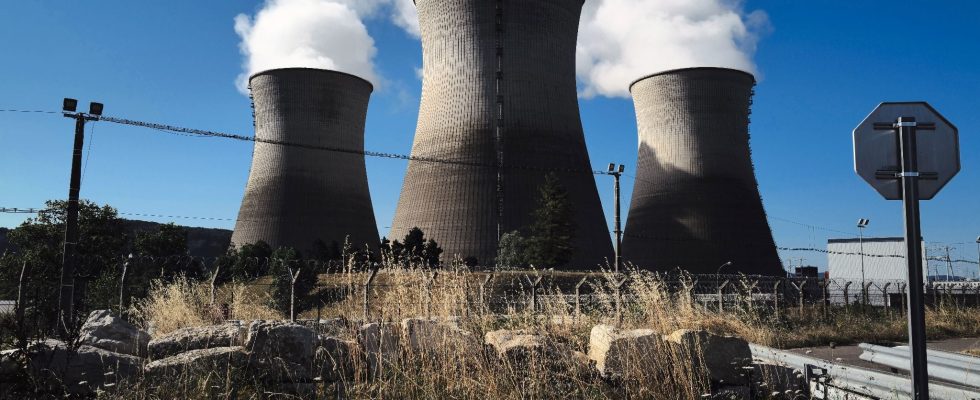They finally said yes. By 206 votes to 117, the deputies validated Tuesday evening March 12, a few weeks after the senators, the principle of a merger between the ASN, the Nuclear Safety Authority, and the IRSN, the Institute of Radioprotection and nuclear safety. This victory for the government will not, however, give rise to great outpourings of joy.
Firstly because the image of the French security system has been damaged by this long sequence, which has lasted for more than a year. “From the start, the debate has been unbalanced. We have mainly heard the opponents of the reform,” underlines a nuclear expert. Certainly, the president of the ASN spoke in favor of the merger. The PNC-France association (Nuclear Heritage and Climate) highlighted the excesses of a system with two entities. The French Nuclear Energy Company (SFEN) has published two press releases intended to shed light on the issues and counter the spread of misconceptions. But opposite, a “bulldozer” crushed all discussion, driven by corporatist reflexes, political calculations and the fear – unjustified – of a sharp deterioration in the level of safety of our reactors.
“The more dangerous it is, the less risky it is,” atomic engineers tell us. In fact, the level of requirements and control will remain very high in France, even after the merger. A majority of countries operate with a single entity, without this posing any particular problem. But by raising the specter of a nuclear accident, opponents of the reform have instilled doubt in some of the deputies, who are not specialists on the issue, and in the French.
Like the Challenger shuttle
“The President of the Republic announced the construction of six new EPRs. EDF must meet this challenge within the deadlines and costs set. In the past, this pressure exerted on industrial players has led to disasters (explosion of the Challenger shuttle in 1986, crash of Boeing 737 max in 2018 and 2019). The context of the relaunch of nuclear power requires the maintenance of a proven risk governance system”, we could read at the beginning of the week in a leaflet relayed on the networks social. “Whole nonsense,” an expert annoys. The union trick – playing on fears – is well known. The problem ? The image of the nuclear industry suffers once again. However, the recent parliamentary hearings on the loss of France’s energy independence have clearly shown this: the bad choices concerning atomic energy have already cost us a lot.
What traces will this unfortunate episode surrounding the merger between ASN and IRSN leave abroad? “To tell the truth, I think the Americans don’t even understand why things are blocked here,” comments a specialist. “Nuclear is an extremely competitive industry. The slightest flaw will be used by EDF’s competitors to grab markets.”
The worst: the reform was based on a correct observation. Given the enormous recovery to come, the sector needs a more fluid organization. Today, some observers are wondering: can the parliamentary amendments introduced during the debates cancel out the gains linked to the merger? We would then find ourselves in a situation close to that of the beginnings of the IRSN, initially conceived as a poison pill in the face of the power of the ASN. All that for this.
